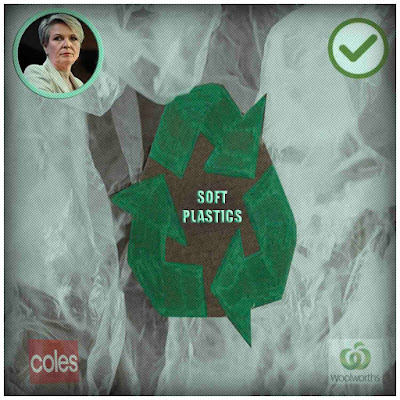Council narrowly approves $500k contract after claims of 'malfeasance' ... By Joe Colbrook August 11 2024
The council has waived the regular tender process and awarded a $500,000 contract to a mainland consulting firm for its St Leonards master plan, citing time pressures.
Melbourne-based Mesh Livable Communities will be paid $514,450 to develop the St Leonards Structure Plan and Infrastructure Funding Framework after a fierce debate and narrow vote by City of Launceston councillors.
Under law, any council-related contract valued at more than $250,000 must be put out to tender.
Skipping this process requires approval from an absolute majority of councillors - more than half of all councillors, not just those present at the meeting.
Council officers said a 12-month deadline to use a $327,000 federal government grant was appropriate justification for skipping a weeks-long open tender process.
The council officers said they approached Mesh as the preferred consultant, based on the firm's track record.
Councillor Alex Britton said he would support the proposal as it would allow better development through prime housing land, despite his misgivings over the process.
"I think it's a little bit weird we got to here without going through a regular tender process," Cr Britton said.
"That being said, I'm not going to stand here and get in the way of the development of St Leonards."
Most councillors shared that view, and deputy mayor Hugh McKenzie said there were "327,000 reasons why" councillors should support the proposal.
Councillor Joe Pentridge held a different view, and said none of it would "pass the pub test".
"This community elected 12 aldermen, not to support the administration, but to support their interests," he said.
"None of this here will pass the pub test. None of this is transparent. There's just a whole heap of written stuff which I don't believe fore one minute."
This prompted a rebuttal by councillor Andrea Dawkins.
"I'm really hoping that I can maintain a professional air in this debate, because I am quite upset by what I just heard," Cr Dawkins said.
"The idea that there's some malfeasance here because we need to work to a timescale is unbelievable.
"The idea that somehow, who I represent and who I am as a councillor, is beholden to another councillor's perception is actually beyond me."
Concerns were also raised about the consulting firm's track record as it was previously engaged to develop a similar document for South Prospect.
This did not result in a similar strategy document, as highlighted by developer Tim Shaw, however council chief executive officer Sam Johnson said the firm held up its end of the bargain.
"The previous work undertaken by Mesh to delivered exactly what the council asked for," Mr Johnson said.
"It's important that members recognise that the council asked for something specific, Mesh delivered what the council wanted.
"That doesn't mean that they delivered what maybe external stakeholders were looking for or hoping for, but they delivered exactly what the council asked for five years ago."
A motion to pause discussions was put forward by councillor Susie Cai, who said it was better to take a considered approach rather than rush headlong into big decisions based on her own personal experiences.
This was voted down.
A motion to award the tender to Mesh received the backing of seven councillors.
Three councillors - Danny Gibson, Andrew Palmer and Tim Walker - were absent. Councillors Cai and Pentridge voted against the motion.
Comment
In a democracy the ever present suspicion is that more than half of the people are right more than half of the time but what is right. At this meeting the suspicion about motives reared its ugly head. Everything that rumour and innuendo touches is tainted.
As they say, if it quakes like a duck and waddles like one you can be forgiven for thinking that it is actually a duck. Actually, how convenient was it that some Councillors were absent? Can they bathe themselves in calogne, or will they just smell like air freshener in a smoker's taxi?
Generally we don't give governments extra money because governments generally stink to high heaven when it comes to spending our money.
Governments stink because too few governments accomplish much. They talk about all the issues and typically do nothing about them for their lifetime.
It is never a good idea to lead anyone to an expectation which is eventually contradicted by a predictable outcome.
Tanda Vale































































